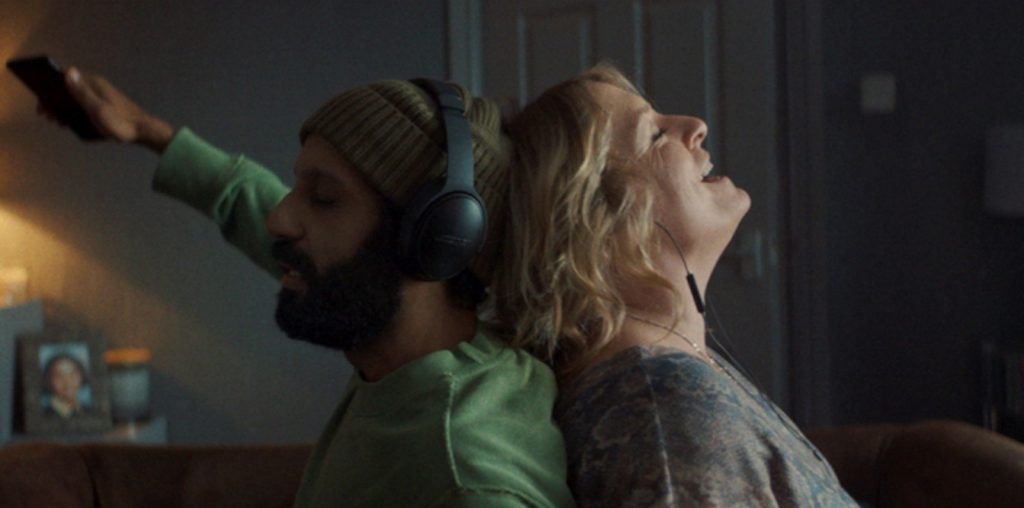
“The Stepford Wives” is an erratic blend of gender and stereotype humor. Writer Paul Rudnick and director Frank Oz take an old concept (by now the term ‘Stepford wife’ has taken on a cultural definition of its own standing) and given us a farcical stage play. While this will play well with the Friday and Saturday night crowd of young couples, it will do so because of its cultural shallowness and surface humor. People looking for meaningful questioning of gender politics and stereotypes should look elsewhere.
Joanna Eberhart (Nicole Kidman) is a high-powered television executive who is fired and, of course, immediately has a breakdown. This is what all normal, well-adjusted people do after taking a hit. Her emasculated husband Walter (Matthew Broderick) actually loves his stone of a wife, and so he arranges for them to move “out of the burbs” and into the country to a little gated community called Stepford. Stepford is paradise. The grass is perfect, the houses are huge and accommodating, the cars are all worth more than Frank Oz’s salary…and the women! They smile, they preen, they bend to every beck and call of the men who are dumpy, old, and chauvinistic—a perfect arrangement, as it were. Joanna eventually discovers the women of Stepford, whose facial expressions are only a mild caricature of the ladies on Oxygen, have all been transformed into dutiful, homemaker sex kittens by the self-proclaimed leader of the town, Mike (Christopher Walken).
What follows her discovery is a half-hearted attempt to meld the dark science fiction of the original novel by Ira Levin with a poorly written, poorly executed ending with a twist upon a twist. The result of the film as a whole is an annoying blend of half-developed ideas about relationships between men and women, the struggle between the sexes, and screaming gay queen stereotypes—again, playing to the Friday night crowd, but lacking in any real substance.
One thing “The Stepford Wives” excels at aligns perfectly with Hollywood’s ongoing effort to make men look like either total chauvinist pigs or dunces with power complexes. Here, the men are mocked through their wives, which cater to every simple desire of their husbands. They cook, clean, have great sex, flatter their husbands, produce cash on demand, and “give them space”, allowing the men to convene at the local tree house—I mean Men’s Club—to play video games, BattleBots, and talk about how great they are.
As farcical as the roles are, each actor plays his or her role with a lot of gusto, which helped the charade along. Broderick doesn’t have a whole lot to do here, which should sadden those who will want to see his Ferris Bueller side come out; he plays second fiddle to Kidman, who while dynamic and pretty, isn’t doing her art film career any favors. Most notable is Glenn Close, who plays Mike’s wife in a manner that suggests she’s been taking many, many amphetamines. Jon Lovitz rounds out the crew by playing Jon Lovitz—it’s nice to see former SNL cast members stretching their muscles by venturing into new territory. Not that there’s much to work with. The characters are flat, and seem to exude an adolescence one expects from teens or playful dogs. They’re simply immature cardboard cutouts. And how do any of these people afford to live in Stepford? It’s not like any of them have jobs.
In all, “The Stepford Wives” is simply uneven. It fails to fully engage the viewer in either the comedy or the darkness of the idea behind the comedy—robot women transformed by the chauvinism of their absurd husbands might have been interesting, but instead, I can’t help but think we’ve seen this before. Oh yeah, it’s called a throwaway comedy, and Hollywood produces them by the dozens each year, knowing that people will pay good money to be pandered to by bland, lowest-common denominator humor.
Maybe that’s the secret of Stepford.

